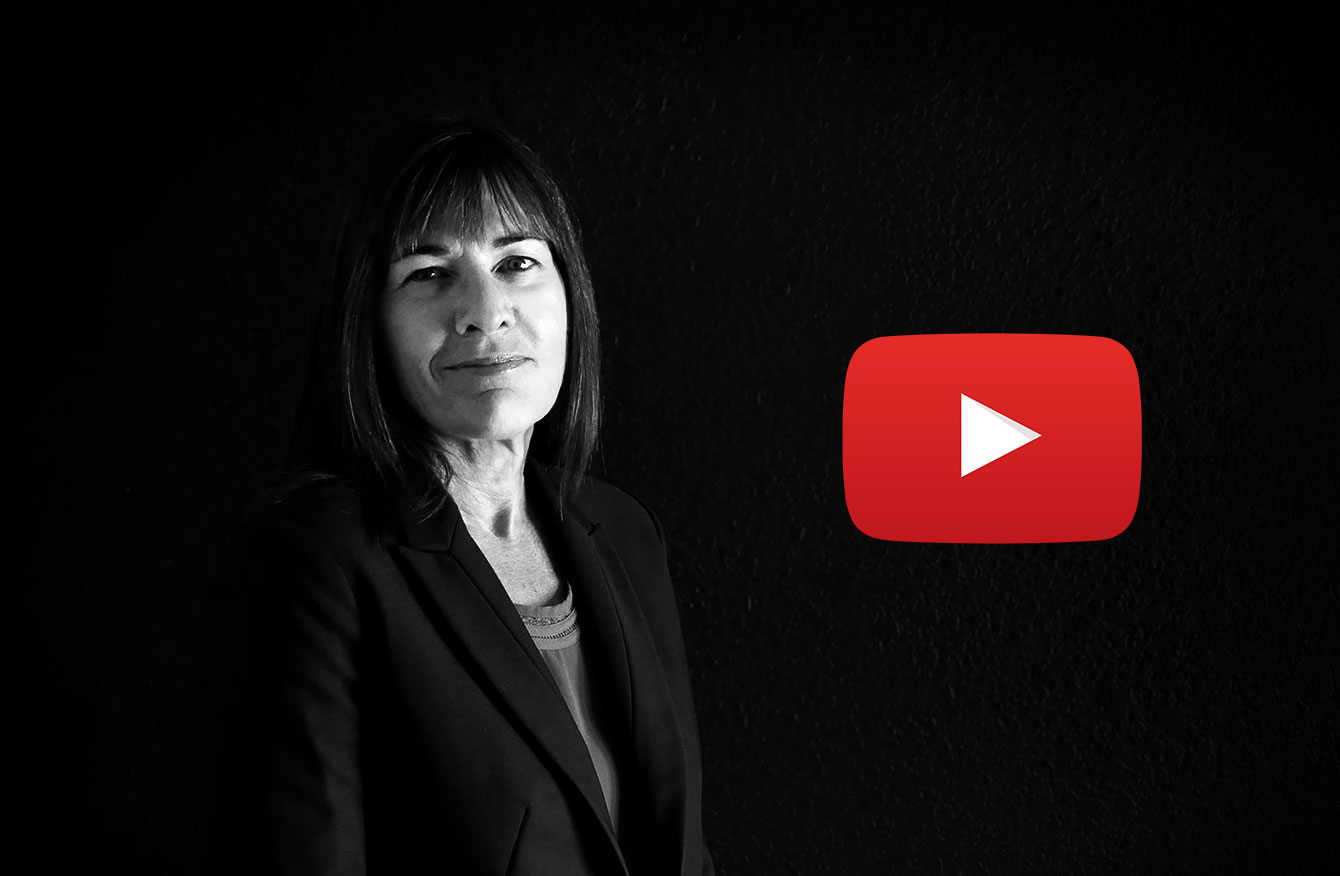What Is Probate?
Probate is a court supervised method of identifying, gathering and distributing “probate assets” in accordance with a deceased individual’s will if a valid will exists on the date of death. If there is no valid will, then the individual’s probate property will be distributed according to the specific requirements set forth in the Florida Statutes and other provisions of Florida law. As part of the probate process, the deceased person’s assets will be used to pay for the attorney’s fees and costs of the probate and to pay for debts and taxes owed by the person who has passed away.



